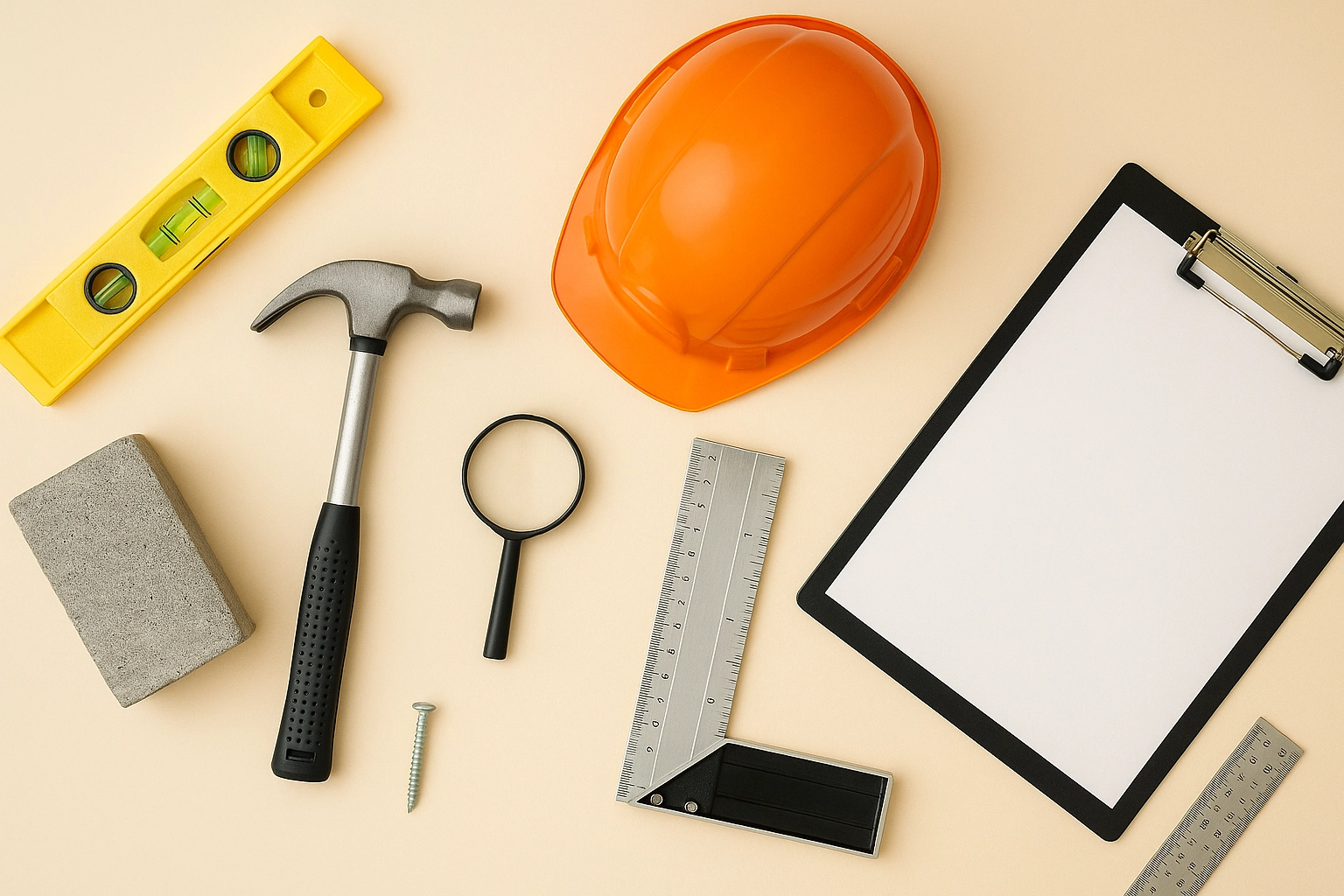Construction and Building Inspection
The construction and building inspection sector plays a crucial role in ensuring that buildings meet safety standards, regulatory requirements, and quality expectations. This service is essential to protect public health and welfare, prevent structural failures, and ensure compliance with local, national, and international codes.
Construction projects are complex endeavors involving various materials, techniques, and procedures. Ensuring the integrity of these components during inspection is vital for the long-term performance and safety of buildings. The importance of this service cannot be overstated; it helps in identifying potential issues early on, thereby preventing costly repairs or accidents.
The scope of construction and building inspections can vary widely depending on the type of project. For instance, residential projects might focus more on electrical wiring, plumbing systems, and structural stability, while commercial buildings may require extensive testing for fire safety standards and load-bearing capacity.
From a technical perspective, the tools used in these inspections are sophisticated instruments designed to measure critical parameters such as thickness, density, moisture content, and strength. These measurements help determine whether materials comply with specified tolerances outlined by relevant standards like ASTM D5780 for concrete testing or ISO 22376 for soil compaction.
In addition to physical assessments, modern inspection methods also incorporate non-destructive testing (NDT) techniques such as ultrasonic testing and radiography. These advanced technologies allow inspectors to evaluate structural integrity without causing damage to the structure itself. This approach ensures that sensitive areas are not compromised during examination, maintaining both safety standards and operational continuity.
The accuracy of inspection results directly impacts decision-making processes related to project completion and future maintenance schedules. Reliable data from these inspections enables stakeholders—from architects and engineers to owners—to make informed choices about necessary interventions or enhancements. Properly conducted inspections contribute significantly towards reducing risks associated with construction defects, thereby promoting overall safety within the built environment.
Given its critical role in safeguarding public safety, it is imperative that all aspects of this service adhere strictly to established guidelines and protocols. Compliance with recognized standards such as AS/NZS 4862 for electrical installations or EN 1990 for structural design provides assurance that inspections are performed consistently across different regions.
By leveraging expertise in construction materials, engineering principles, and regulatory compliance, our team ensures comprehensive coverage of every aspect required for successful building inspections. Our approach integrates state-of-the-art technology with experienced personnel who understand both technical nuances and broader implications of their work.
Why It Matters
The construction industry is one where precision and attention to detail are paramount. Every project has unique challenges, but the overarching goal remains consistent: deliver safe, durable structures that meet all regulatory requirements while also exceeding customer expectations in terms of quality and performance.
Given the high stakes involved—human life, property protection, environmental impact—the importance of thorough inspection cannot be overstated. Mistakes or lapses can lead to significant consequences ranging from minor inconveniences to major disasters. Therefore, investing in reliable testing services not only protects against such risks but also enhances reputation and builds trust among clients.
Moreover, adhering strictly to industry standards helps ensure that buildings remain up-to-date with evolving practices and technologies. As building codes continue to evolve globally due to changing societal needs or technological advancements, staying current is crucial for maintaining relevance in the marketplace.
From an operational perspective, efficient inspection processes contribute positively towards streamlining workflows and reducing downtime associated with rework or remediation efforts caused by substandard workmanship. By catching issues early through rigorous testing methods, potential disruptions can be minimized significantly.
Why Choose This Test
Selecting the right inspection service is essential for achieving optimal outcomes in construction projects. Our team offers a wide range of specialized tests tailored to meet specific project requirements and ensure compliance with relevant regulations.
We employ highly trained professionals equipped with cutting-edge equipment capable of delivering precise measurements and detailed analyses. This combination guarantees accurate assessment results that form the foundation for informed decisions throughout the project lifecycle.
Our commitment to quality extends beyond just executing tests; we provide comprehensive reports accompanied by expert interpretations tailored specifically for your organization's needs. These insights enable better understanding of findings, facilitating proactive problem-solving strategies aimed at enhancing overall performance.
The reliability and objectivity offered by our services set us apart from competitors. By choosing us as your partner in construction inspections, you gain access to a network of trusted experts who consistently deliver high-quality results backed by decades of experience and continuous improvement initiatives.
Quality and Reliability Assurance
To uphold the highest standards of quality assurance in our construction and building inspection services, we adhere meticulously to established guidelines set forth by recognized bodies such as ASTM International, British Standards Institution (BSI), and others. These organizations provide authoritative references for defining acceptable limits and methods applicable across diverse applications.
Our commitment to excellence is further reinforced through rigorous quality management systems certified according to ISO 9001:2015 standards. This certification ensures consistent application of best practices throughout our operations, from initial planning stages right up until final reporting phases. It also guarantees transparent communication between all parties involved in a project.
Moreover, we invest heavily in staff training and development programs aimed at maintaining up-to-date knowledge about latest trends and emerging technologies within the field. Regular updates ensure that our personnel remain proficient in operating advanced instrumentation and interpreting complex data sets accurately.
In addition to internal controls, external audits conducted periodically by independent third-party agencies verify compliance with all applicable requirements stipulated by relevant authorities. These periodic reviews serve multiple purposes including identifying areas for improvement, validating ongoing adherence levels, and enhancing credibility among stakeholders.





